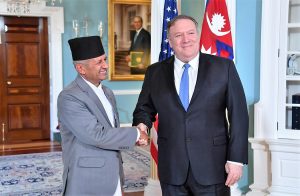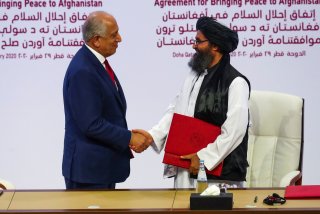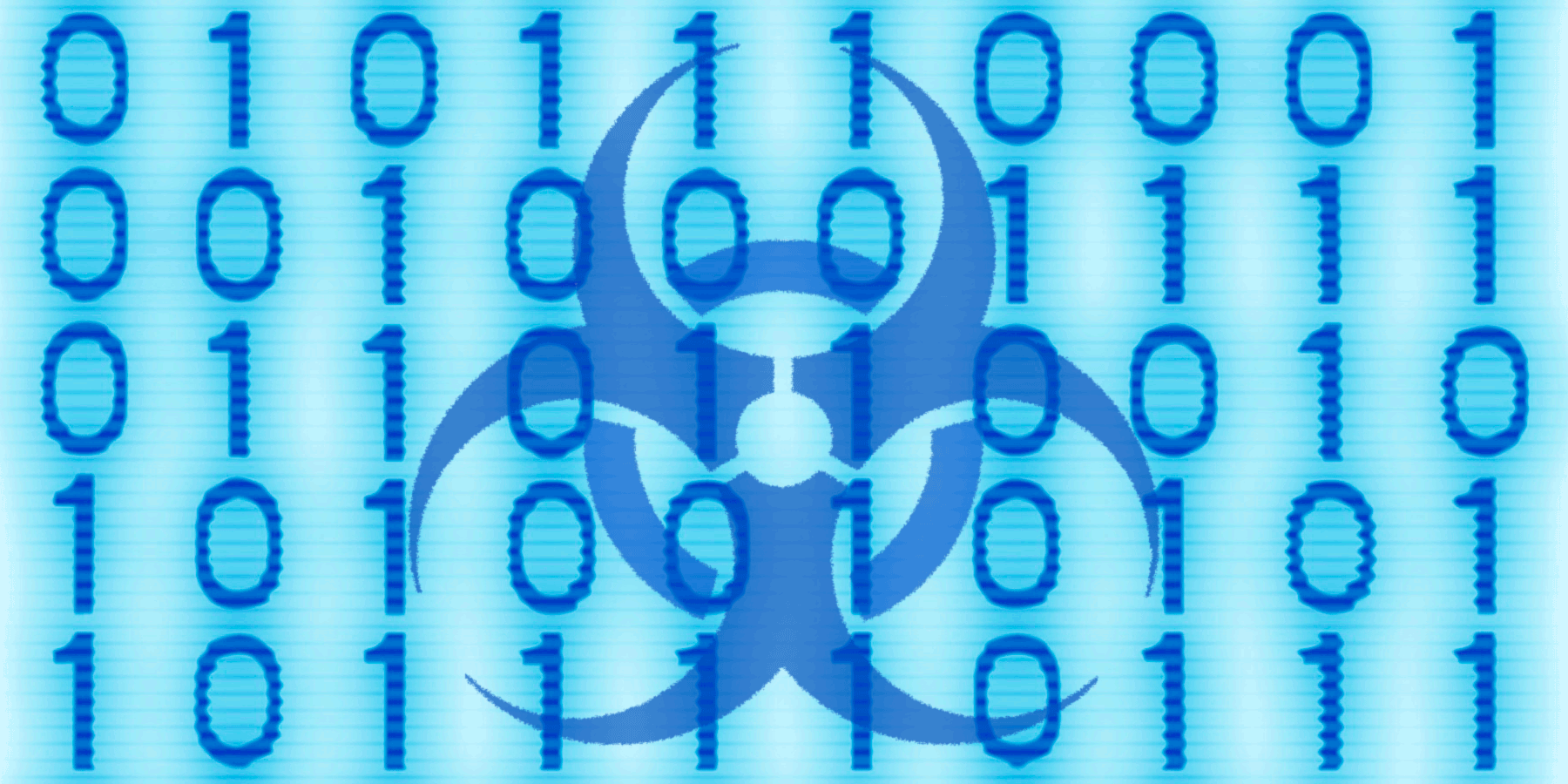Nilesh Kunwar
Neutralising Riaz Naikoo, the self-styled ‘operation commander’ of Hizbul Mujahideen (HM) is no doubt a spectacular and praiseworthy achievement for the security forces and intelligence agencies.
Whereas this is certainly a setback for the HM, but at the same time to say that Naikoo’s removal from the scene will have a major adverse impact on terrorism in Kashmir is not only farfetched, but also misleading. Its farfetched, because Naikoo may have been conferred with an impressive sounding title of ‘operation commander’, but in reality, he was just a mere supervisor who faithfully executed orders passed down to him by his masters from across the Line of Control (LoC).
So, opining that his death is a ‘major blow’ to terrorism in Kashmir in effect amounts to conveying the specious impression that Naikoo was some sort of irreplaceable icon, a rallying point for youth picking up guns or an ideologue whose absence will create some sort of void. While there’s no doubt that he had a charismatic personality and good oratory skills, which he fully exploited, but at the end of the day Naikoo was (just like his predecessors), nothing more than an elevated pawn, whose replacement will not be hard to find. We have been seeing this for the last three decades since terrorism erupted in J&K.










/arc-anglerfish-arc2-prod-mco.s3.amazonaws.com/public/QYISV273GFBCDBVI5XPZVYZHIU.jpg)


